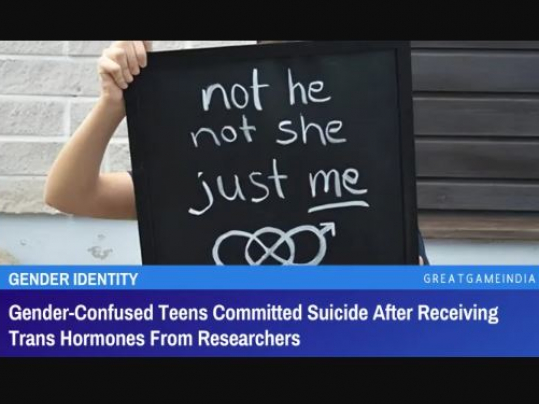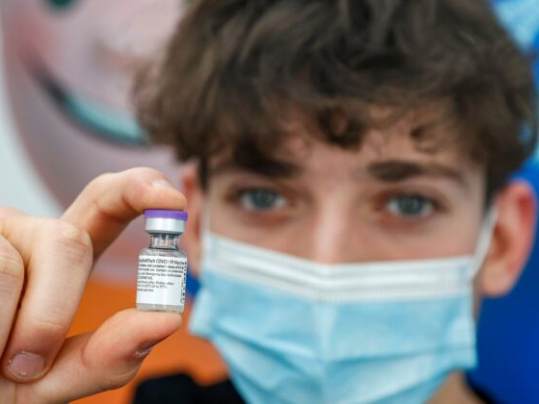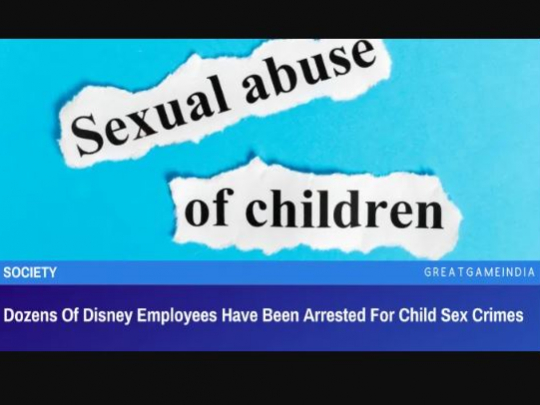Scotland will let pupils change gender aged FOUR without their parents' consent - and tells teachers not to question a child's request to choose a new name or use a different toilet

Children as young as four will be able to change their gender at school without their parents’ consent under guidance introduced in Scotland.
Any pupil who decides they want to switch gender must be supported and listened to in school following the Scottish Government advice.
The guidance applies in primary schools, where the youngest children are only four or five, because ‘recognition and development of gender identity can occur at a young age’.
It also tells teachers not to question a child who says they want to transition to live as a boy or a girl - and instead ask for their new name and pronouns.
Scottish education secretary Shirley-Anne Somerville said: ‘This guidance outlines how schools can support transgender young people while ensuring that the rights of all pupils are fully respected'
Schools have been told they do not have to inform parents if a pupil informs them they wish to change gender
Primary and secondary schools have also been told to put books featuring transgender people on the curriculum, allow pupils to choose which changing room or toilets to use, and consider introducing a gender neutral uniform.
But the guidance was branded ‘shocking’ and led to concerns that children are being allowed to make life-changing decisions at too young an age.
The advice says: ‘Some young people are exploring their gender identity in primary school settings. Primary schools need to be able to meet the needs of these young people to ensure they have a safe, inclusive and respectful environment in which to learn.’
A section on ‘changing name and recorded sex’ says children simply need to tell others informally that they want to use a different name, and that they don’t need to record this formally on their official school record. Advice to school staff on what to do if a child wants to discuss their gender includes asking ‘what name and pronoun you should use to address them’.
It also says that they should ask if their family are aware they are considering their gender identity – but does not suggest the teacher should contact them.
The guidance document also states that no Scottish law compels people to use the toilets that correspond to the gender they were assigned at birth.
Marion Calder, director of the For Women Scotland campaign group, said: ‘To be transgender you have to have a diagnosis of gender dysphoria. What are they thinking? Parents will be very concerned to be reading this document.’
Scottish education secretary Shirley-Anne Somerville said: ‘This guidance outlines how schools can support transgender young people while ensuring that the rights of all pupils are fully respected.
‘It provides schools with practical suggestions. The guidance is not prescriptive and does not promote transitioning.’
- Source : Michael Blackley


















